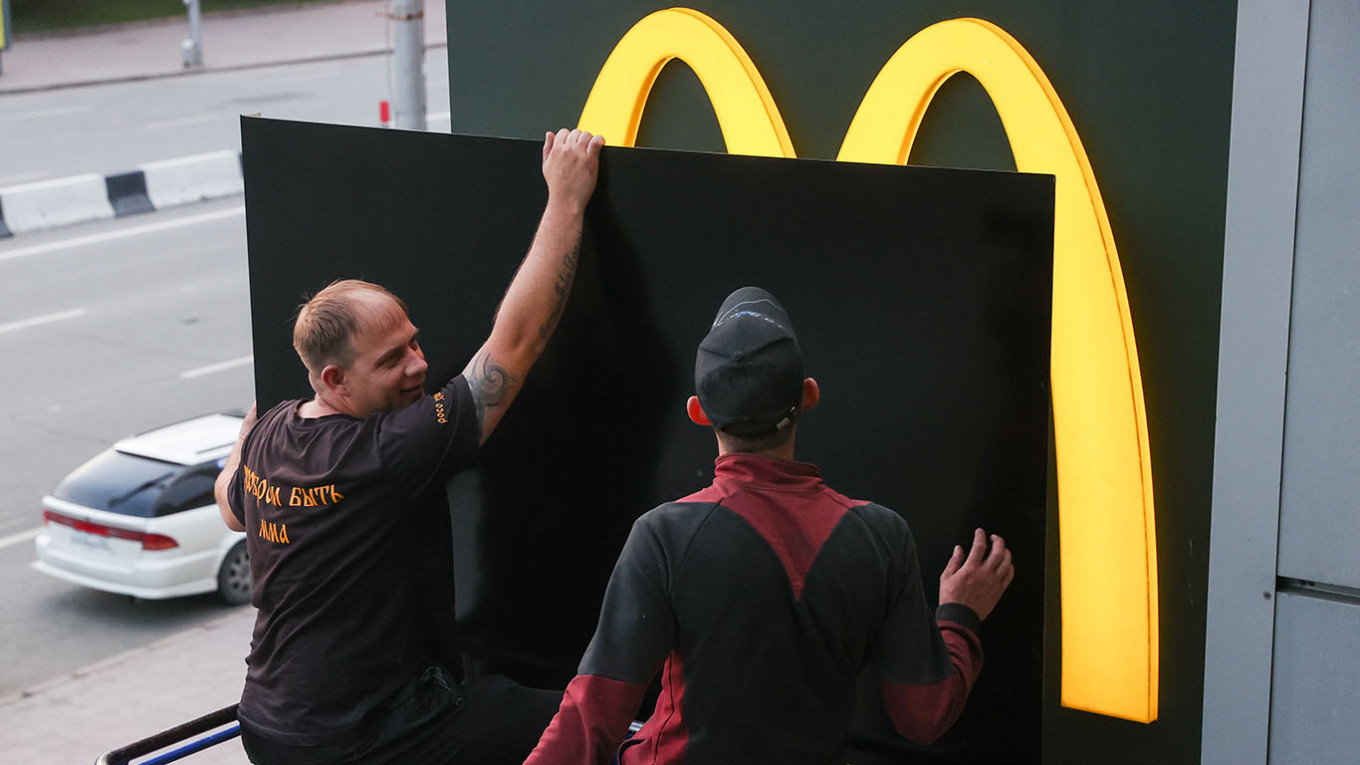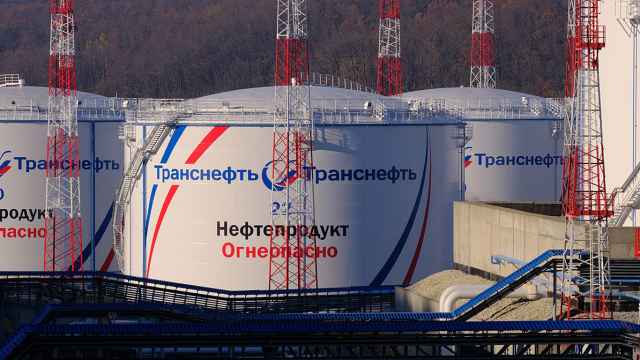McDonald’s and Coca-Cola continue to see risks to operating in Russia and do not currently plan to return to the country, Bloomberg reported, citing the companies’ responses to the B4UKraine Coalition advocacy group.
B4Ukraine Coalition launched its inquiry after reports in Russian media and speculation on social media suggested that Western brands that left Russia over the full-scale invasion of Ukraine were preparing to re-enter the market amid the wider U.S.-Russia diplomatic thaw under President Donald Trump.
In a letter signed by John Banner, McDonald’s global chief impact officer, the fast-food giant said it was sticking to the framework of five questions it used when it decided to exit Russia in 2022.
“The principles behind these questions, which guided our decision to ‘de-Arch’ a major market and sell our portfolio of McDonald’s restaurants, still apply today,” Banner said.
In its letter, Coca-Cola said that “sanction regimes and other legal hurdles remain in place, impacting any considerations about returning to the Russian market.”
B4Ukraine Coalition also sent formal requests for clarification to Apple, Nike, Boeing, Visa and Mastercard, but they did not respond.
In an email cited by Bloomberg, Mastercard said that “there is no change in our status in the country today.”
Kirill Dmitriev, head of the Russian Direct Investment Fund and President Vladimir Putin’s special envoy in the U.S.-Russia talks, claimed in February that several U.S. companies could resume operations in Russia as early as midyear.
Following those remarks, Putin instructed the Russian government to develop a mechanism for facilitating the return of foreign businesses. The Financial Times reported that Russian officials started reaching out directly to representatives of American companies to invite them back to the market.
This month, McDonald’s and Coca-Cola filed trademark applications with Rospatent, the Russian intellectual property office, a move interpreted by several Russian media outlets as a sign that the companies were readying a return to the country.
However, legal experts note that such registrations are often intended to protect brand rights and do not necessarily indicate plans to resume operations.
A Message from The Moscow Times:
Dear readers,
We are facing unprecedented challenges. Russia's Prosecutor General's Office has designated The Moscow Times as an "undesirable" organization, criminalizing our work and putting our staff at risk of prosecution. This follows our earlier unjust labeling as a "foreign agent."
These actions are direct attempts to silence independent journalism in Russia. The authorities claim our work "discredits the decisions of the Russian leadership." We see things differently: we strive to provide accurate, unbiased reporting on Russia.
We, the journalists of The Moscow Times, refuse to be silenced. But to continue our work, we need your help.
Your support, no matter how small, makes a world of difference. If you can, please support us monthly starting from just $2. It's quick to set up, and every contribution makes a significant impact.
By supporting The Moscow Times, you're defending open, independent journalism in the face of repression. Thank you for standing with us.
Remind me later.






